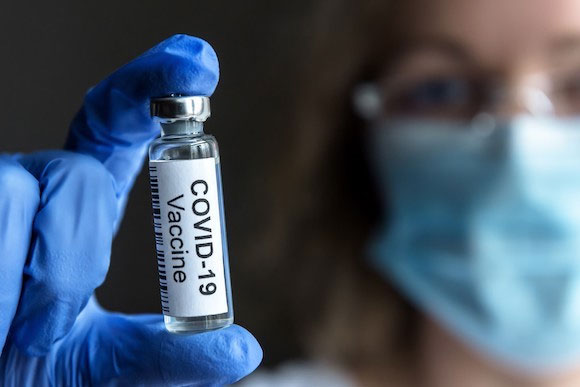In a publication dated July 21 in the scientific journal PLOS Pathogens, the research team described their completely different approach – using modified bacterial DNA – to create a vaccine against Covid-19.

American scientists are designing a Covid-19 vaccine that targets all new variants – (Illustrative photo from the Internet)
Specifically, they constructed plasmids – small, circular DNA molecules that do not carry the main gene system – from bacteria that have been genetically modified to include fragments of genetic material that target vulnerabilities in the spike protein of the SARS-CoV-2 virus.
The Medical Xpress quoted Professor Maurizio Zanetti, head of the Immunology Laboratory at UC San Diego Cancer Center and a senior author of the study, stating that this method is more sustainable and effective compared to “traditional” Covid-19 vaccines.
“The details are complex, but the basic principle is simple. They are based on well-established principles and proven methods.” he asserted.
Professor Zanetti emphasized “quality over quantity,” seeking to stimulate the production of antibodies that preferentially block the virus from binding to cell receptors and its transmission capabilities. This leads to a more focused antibody response compared to older vaccine types.
The plasmid used by the research team contains immune-stimulating substances that prompt B lymphocytes to produce antibodies. B lymphocytes can produce an average of 1,000 antibody molecules per day, making them one of the most powerful “factories” in the body.
Tests on mice showed that the effectiveness of this new generation vaccine is similar across all Covid-19 variants, including Beta, Delta, and Omicron. The “traditional” vaccines are currently facing significant challenges, particularly with their reduced effectiveness against the Omicron variant compared to earlier strains, especially with emerging subvariants.
The research team is still aiming to produce this vaccine in the form of a pill or a nasal spray containing the vaccine, before moving on to clinical trials.


















































